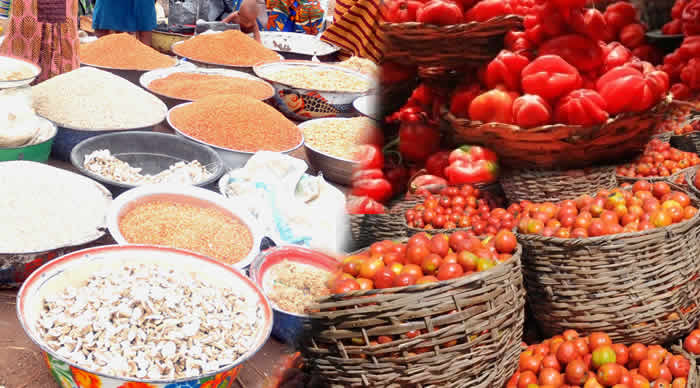In Yobe State, Nigeria, the prices of grains have significantly declined across various markets. A report from Ngalda grains market, one of the largest in the state, indicates a substantial drop in prices for grains such as beans, millet, sorghum, and maize. This downward trend is attributed to a sustained supply of these commodities.
According to Idriss Zakari, a grain dealer at the Ngalda market, the current prices for grains are as follows: maize ranges from N35,000 to N32,000 per 100kg bag, while millet is sold at between N31,000 and N33,000. New harvested millet is priced lower, at N25,000 to N26,000 per 100kg bag. The prices of beans also vary, with white beans costing between N70,000 and N73,000, and red beans ranging from N71,000 to N76,000. Additionally, rice paddy, known as Shinkafa, is sold at N35,000 to N37,000, depending on the quality.
The continuous supply of hoarded and newly harvested grains to the market is cited as the primary reason for the price crash. This development has resulted in significant losses for many grain dealers and hoarders who had stockpiled grains in anticipation of higher prices.
The decline in grain prices is likely to have a positive impact on consumers, who can now purchase essential food items at lower costs. However, for grain dealers and farmers, the situation may require adjustments to their business strategies to mitigate losses. As the market continues to evolve, it is essential to monitor the prices of grains and understand the factors influencing their fluctuations.
In the context of Nigeria’s agricultural sector, the price dynamics of grains are crucial, as they affect both producers and consumers. The country’s grain markets, including those in Yobe State, play a vital role in ensuring food security and influencing the overall economy. Therefore, developments such as the current price crash warrant attention, as they can have far-reaching implications for various stakeholders.
